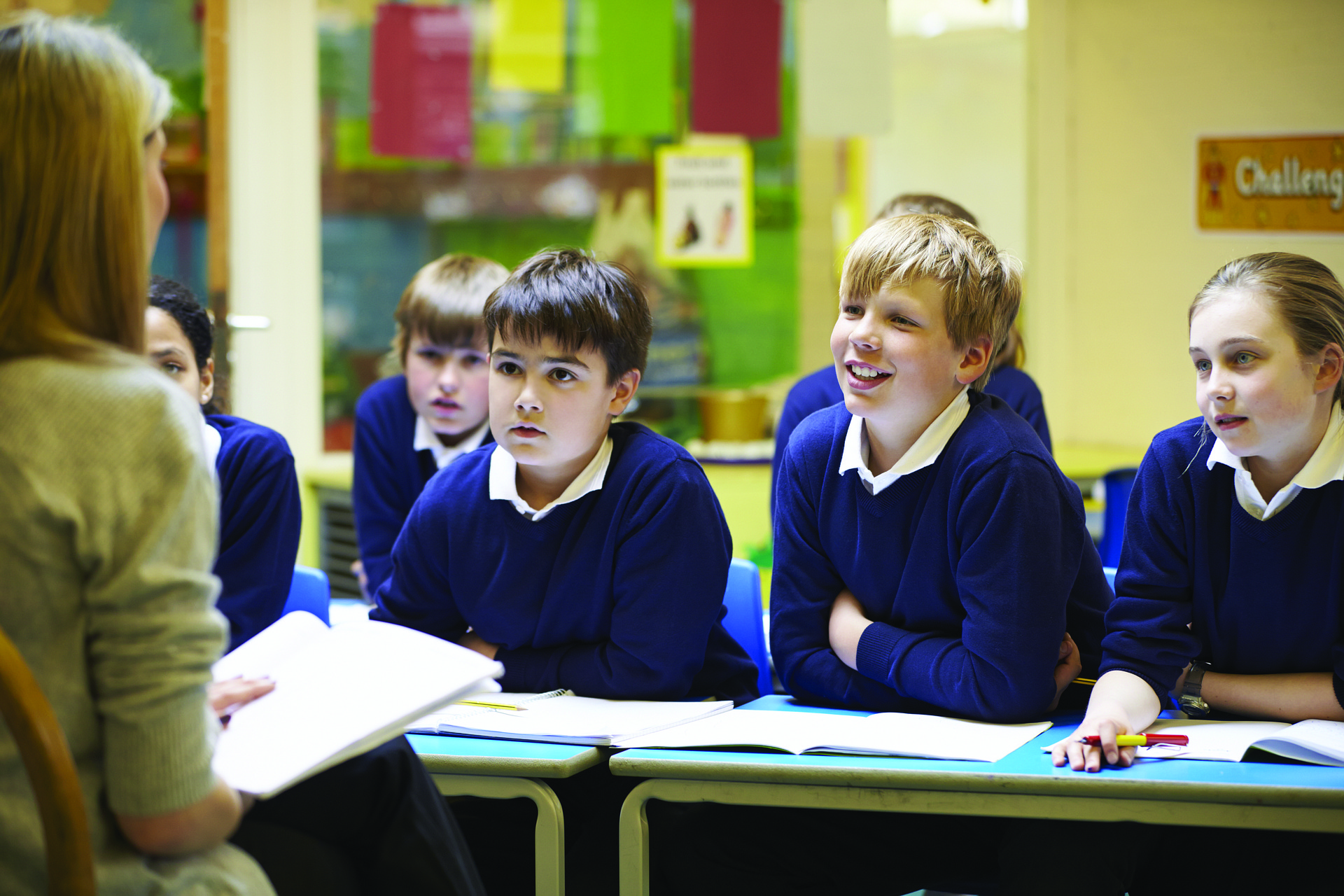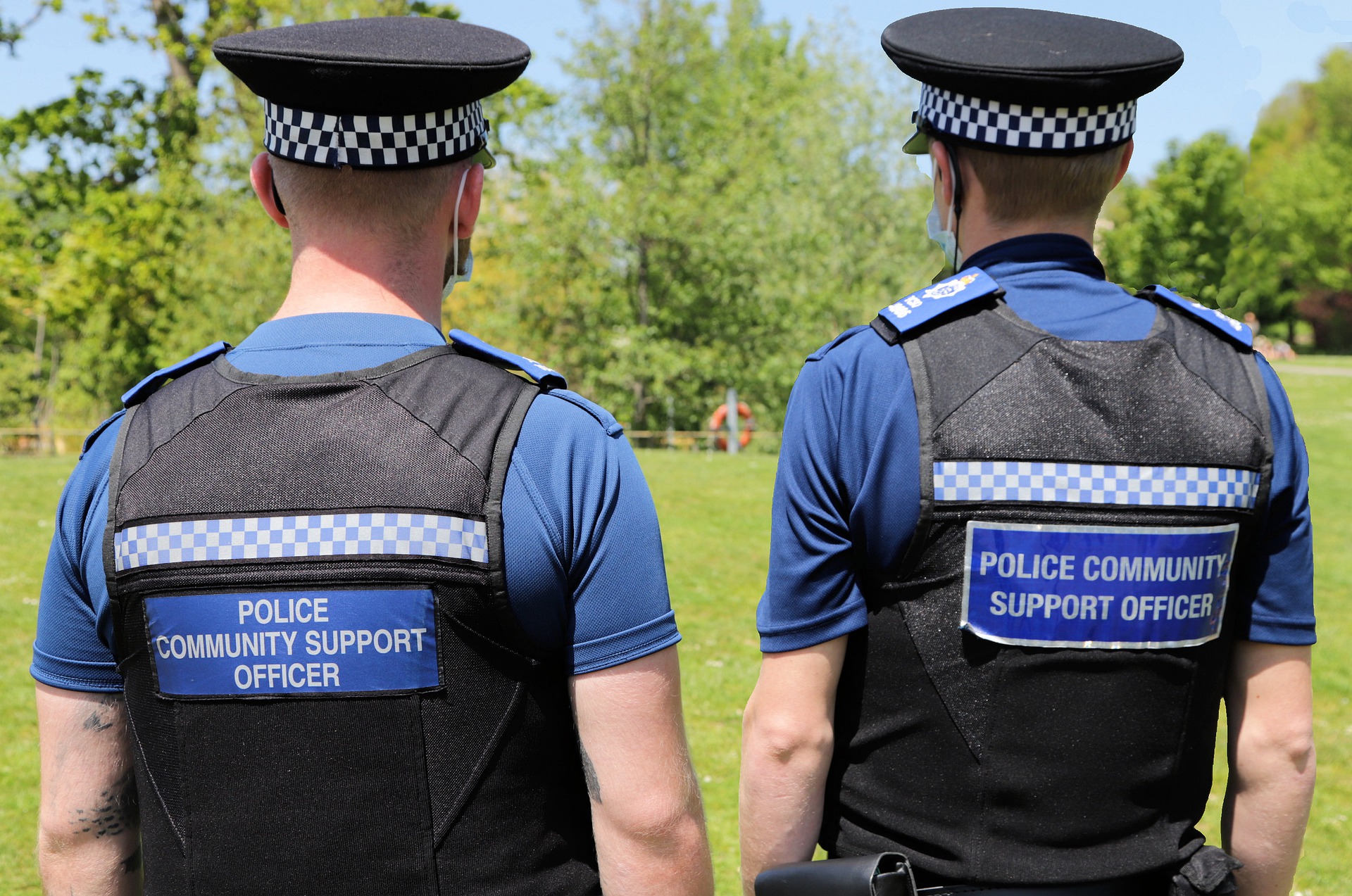Children at risk of criminalisation – why don’t we tell them?
11 January 2024Guest post by Dr Kathy Hampson
In England and Wales, children can be prosecuted for their actions from the age of 10 (called becoming ‘criminally responsible’). There are other issues with this (for more discussion and why there are repeated calls for the age to be increased, see Harriet Pierpoint’s discussion), but one of the most outrageous aspects is that we often don’t even tell them!
Think back to when you were at primary school (where you would be when turning 10) – how much legal education did you receive? Straw polls of my youth justice students have shown that most of them never received any legal education whilst at primary school (e.g., 83% in 2022’s module).
It seems that today’s children are still not taught about the changes which occur when they become criminally responsible (and related issues like their rights in criminal justice spaces) and yet the latest Ministry of Justice figures show that 8000 children a year are newly dragged into the criminal justice system because of something they have done.

‘Legal education in primary schools’ project
In this project, I wanted to ascertain more formally whether children (specifically for this project, in Wales) were receiving any legal education in primary school, and if they were, what this comprised.
We created a questionnaire, which was distributed through the Directors of Education to each primary school in Wales. Unfortunately, this coincided with industrial action (still ongoing at the time of writing) which included not responding to external surveys! This decimated response rates, resulting in only 32 so far (we intend to re-run the survey once industrial action has been concluded). However, despite the caveats that this response rate may not have given results representative of all Welsh primary schools, some interesting results have started to emerge.
We found that half of schools provide some kind of legal input (so, half do not!), but that all provision was from school community police officers through the project ‘SchoolBeat Cymru’. SchoolBeat Cymru’s stated programme includes substance use (drugs/alcohol), antisocial (and other problematic) behaviour, and personal safety. However, it does NOT cover anything relating to children’s rights in criminal justice spaces, or what criminal responsibility actually means. The main content taught through SchoolBeat Cymru (according to responding teachers in our survey) was consequences of breaking the law, what is illegal and what age a child becomes criminally responsible. Only half identified content relating to what criminal responsibility means, and only one included anything on children’s rights in this area. Those schools specifically identifying as Rights Respecting Schools seem to teach children about rights (according to the United Nations Convention on the Rights of the Child), but not specific rights in a legal or criminal context (identified by teachers in such schools as a gap), which could cover such aspects as rights on arrest or stop and search. This is also within the context of only half of responding primary schools including anything on this at all!

Whilst SchoolBeat Cymru might be a laudable attempt by the police to help children appreciate their responsibilities, the fact that it completely ignores children’s rights under the law seems a woeful omission. The content speaks of a police-led agenda and seems very inconsistently applied, both in terms of content and whether it is delivered at all. Teachers communicated both in this research and previously (see Stead et al., 2011), that they do not feel confident to deliver this kind of content, and indeed why should they when they have received no training (some responding teachers did not correctly identify the age at which children become criminally responsible, illustrating this knowledge gap)? Responding teachers unanimously agreed that children should be taught these things, and before they become criminally responsible, but fewer than half stated that there were any plans to do so. Part of the difficulty is a crowded curriculum causing questions regarding whether there is capacity for more. However, it was worrying that teacher respondents seemed to see this content as a response to problems (the police ‘touch on the subject when the need has arisen’), which is a rather reactive way to view knowledge and understanding (of the law and commensurate rights), which is surely a universal need?
Clearly within this research, we need to gain a more complete picture of the situation across Wales and given that England and Wales are currently one legal jurisdiction, investigations should ideally expand to cover both home nations (England being beyond the reach of SchoolBeat Cymru, which as the name suggests, is a Welsh-only initiative). But these initial findings seem to suggest that whilst the police have been proactive in this area, they may not be the best providers (albeit currently they are the only providers), with gaps in content arising around children’s rights. We need an approach to legal education in primary schools which sees this as a universal need, deliverable before children become criminally responsible, informing them not only of their responsibilities but also their rights in legal and criminal spaces. To do anything less is to leave children under protected and over-responsibilised.
References
Ministry of Justice (2023) Youth Justice Statistics 2021/22. Ministry of Justice. Available online at https://assets.publishing.service.gov.uk/government/uploads/system/uploads/attachment_data/file/1131414/Youth_Justice_Statistics_2021-22.pdf (accessed 12th July, 2023)
Pierpoint H. (2020) Age of Criminal Responsibility. British Academy. Available online at https://medium.com/reframing-childhood-past-and-present/age-of-criminal-responsibility-1e7714db9c1c (accessed 12th July, 2023)
Stead J., Lloyd G., Baird A., Brown J., Riddell S., Weedon E. and Laugharne J. (2011) All Wales School Liaison Core Programme (AWSLCP) Evaluation report. Available online at https://www.gov.wales/sites/default/files/statistics-and-research/2019-08/110314-all-wales-school-liaison-core-programme-en.pdf (accessed 12th July, 2023)
United Nations (1989) Convention on the Rights of the Child. Available online at https://www.ohchr.org/en/instruments-mechanisms/instruments/convention-rights-child (accessed 12th July, 2023)